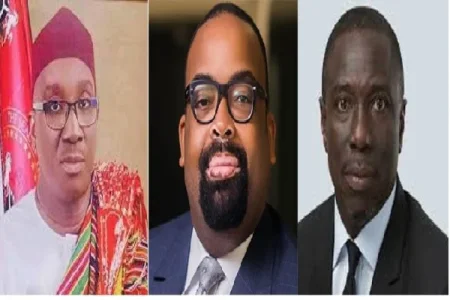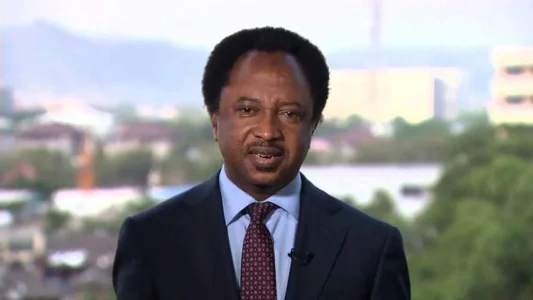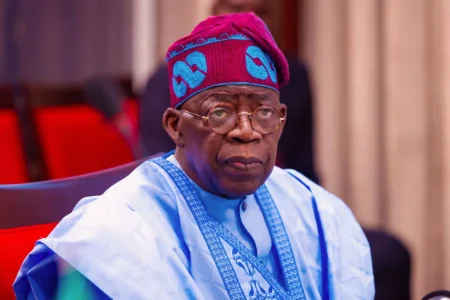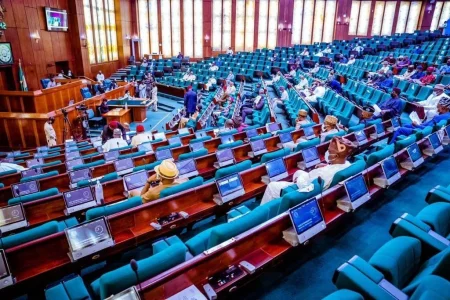
As the Edo State gubernatorial election approaches on September 21, 2024, candidates Asue Ighodalo (PDP), Monday Okpebholo (APC), and Olumide Akpata (LP) intensify their campaigns, focusing on economic reform, infrastructure, and public services. Voter sentiment will play a crucial role in determining the winner.
As the clock ticks down to the Edo State gubernatorial election on September 21, 2024, the race has intensified, with three prominent candidates vying to lead the state: Asue Ighodalo of the People's Democratic Party (PDP), Monday Okpebholo of the All Progressives Congress (APC), and Olumide Akpata of the Labour Party (LP). Each candidate brings unique experiences and policy platforms to the table, promising to address the state's pressing issues, from economic reform to infrastructure development.
Ighodalo, a seasoned lawyer and co-founder of Banwo & Ighodalo, has built a reputation for his commitment to economic growth and improving public services. His campaign focuses on job creation, agricultural development, and boosting healthcare and education in Edo. With strong ties to both the public and private sectors, Ighodalo is seen as a candidate capable of driving investment and fostering partnerships that could benefit the state. However, he faces the challenge of overcoming the PDP's mixed legacy in the state, marked by past allegations of inefficiency.
Monday Okpebholo, the APC candidate and a technocrat, draws strength from his grassroots support, particularly in rural areas. His campaign centers on economic reform, foreign investment, and agricultural development, leveraging Edo’s rich farmlands to boost the local economy. Despite his achievements as a legislator, critics question whether his modest record in the Senate will translate into the transformative leadership Edo needs. Okpebholo also faces internal divisions within the APC, which could impact his ability to unite the party ahead of the election.
Olumide Akpata of the Labour Party is seen as the fresh face in Edo politics. A former president of the Nigerian Bar Association, Akpata has gained significant support from young voters and professionals. His platform focuses on governance reform, transparency, and creating job opportunities through technology and entrepreneurship. Akpata’s candidacy resonates with those seeking an alternative to the traditional political structure in Edo, but his challenge lies in winning over the rural electorate, who may be less familiar with his reformist agenda.
With 17 political parties contesting and over 2 million registered voters, the Edo State election promises to be closely contested. The outcome will likely depend on which candidate can best resonate with voters' desire for change, economic progress, and effective governance.




